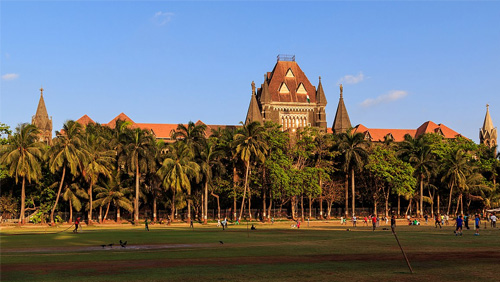Earlier this year, casinos in Goa were hit with a service tax on their license fees by Goa’s indirect tax department. Casino owners and operators balked at the idea, asserting that Goa had no legal authority to demand the tax. It now appears as though they are probably correct, as the Bombay High Court is demanding that the Goa tax department justify why the service fees were introduced, according to local media reports.
 Last January, the tax department issued 10 notices to the largest casinos in Goa and asked them to pay a tax on license fees for a three-year period that ran from 2014 to 2016. The casinos didn’t agree and filed their case with the courts.
Last January, the tax department issued 10 notices to the largest casinos in Goa and asked them to pay a tax on license fees for a three-year period that ran from 2014 to 2016. The casinos didn’t agree and filed their case with the courts.
A writ petition filed with the Goa bench of the High Court by attorney Abhishek Rastogi after the service fee was introduced argued that it amounted to a statutory levy, as opposed to a fee for services implemented by the state government. As such, it was outside the definition of a service tax. “Demanding tax on statutory license fees is absurd. It’s like demanding a tax on passport fees paid to the government. Based on a circular, the DRI has initiated an investigation for applicability of service tax,” he said.
Rastogi added, “The issue is expected to be pragmatically resolved by the GST Council, as has been the past experience. The repercussions of the unresolved issue are very serious and huge impact could be on other activities.”
Experts have repeatedly questioned whether or not the government has the right to charge a fee to a business conducting a sovereign function of the state. Ernst Young tax partner Abhishek Jain said, “Where the essential reason for non-taxability is on the argument of the same being a sovereign function, to ensure uniformity, the government should issue detailed clarifications on the scope of sovereign functions of the government.”
The scheme is similar to one seen by the liquor industry. In that case, the Delhi High Court received a complaint by liquor companies who were challenging a service tax requirement for liquor licenses. The court determined that the license fees were also outside the definition of goods and services taxes.